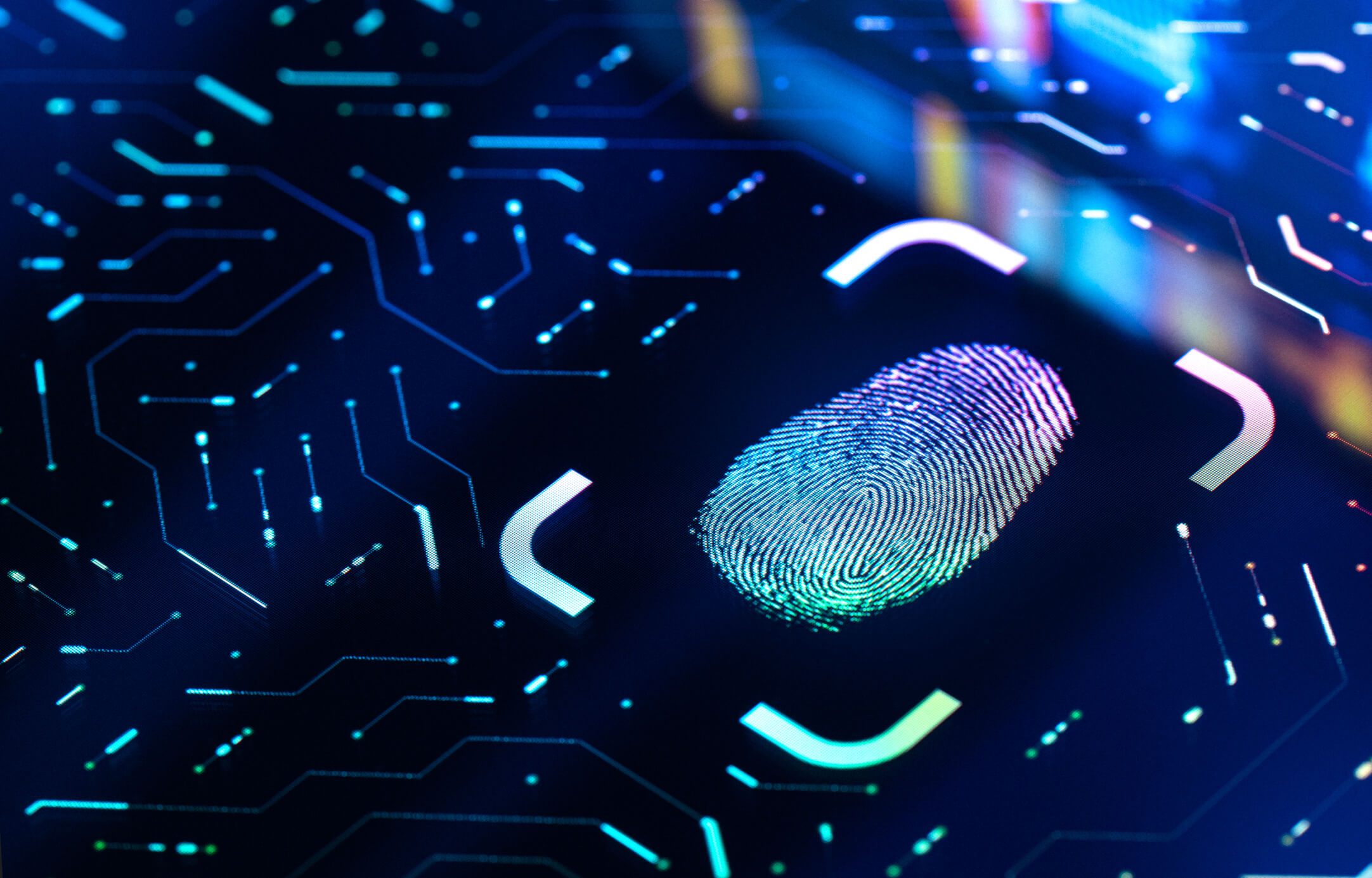Quick Hits
- The European Commission has confirmed that there will be no delay in the implementation of the EU AI Act.
- On July 10, 2025, the GPAI Code of Practice and related FAQs were published. The GPAI Code of Practice aims to aid compliance with the AI Act’s obligations.
A Firm Stance on AI Regulation
The Commission’s decision to forge ahead with AI regulations reflects its proactive stance on ensuring that AI technologies are developed and deployed responsibly. The regulations, which have been in the works for several years, aim to create a comprehensive framework that addresses the ethical, legal, and societal implications of AI. Major technology players and European businesses have recently urged the Commission to delay the AI Act by years.
Adding to the momentum, this week, the European Commission received the final version of the GPAI Code of Practice. This landmark document is poised to set the standard for ethical AI deployment across Europe, ensuring that AI technologies are developed and used in ways that are transparent, accountable, and aligned with fundamental human rights.
The GPAI Code of Practice is voluntary for organizations looking to demonstrate compliance with the EU AI Act. The Commission expects that organizations that agree to follow them will have a “reduced administrative burden” and “more legal certainty” compared to those that choose to show compliance in other ways.
The GPAI Code of Practice has three chapters: “Transparency” and “Copyright,” both of which address all providers of general-purpose AI models, and “Safety and Security,” relevant only to a limited number of providers of the most advanced models. Within the “Transparency” chapter is a model documentation form for providers to document compliance with the AI Act’s transparency requirements.
Looking Ahead
As the European Commission moves forward with the implementation of the GPAI Code of Practice, the focus will be on fostering a culture of ethical AI development. This will involve ongoing dialogue with stakeholders, continuous monitoring of AI systems, and regular updates to the GPAI Code of Practice to keep pace with technological advancements. Additionally, Commission guidelines on key concepts related to general-purpose AI models are expected to be published soon.
Other key future dates to note are:
- August 2, 2025: From this date onward, provisions on notifying authorities, general-purpose AI models, governance, confidentiality, and most penalties will take effect.
- February 2, 2026: Guidelines should be available specifying how to comply with the provisions on high-risk AI systems, including practical examples of high-risk versus non-high-risk systems.
- August 2, 2026: The remainder of the legislation will take effect, except for a minor provision regarding specific types of high-risk AI systems that will go into effect on August 1, 2027.
In the meantime, the final version of the GPAI Code of Practice marks a significant milestone in the implementation of the AI Act.
Ogletree Deakins’ Cross-Border Practice Group, Cybersecurity and Privacy Practice Group, and Technology Practice Group will continue to monitor developments and will provide updates on the Cross-Border, Cybersecurity and Privacy, and Technology blogs as additional information becomes available.
Follow and Subscribe
LinkedIn | Instagram | Webinars | Podcasts







